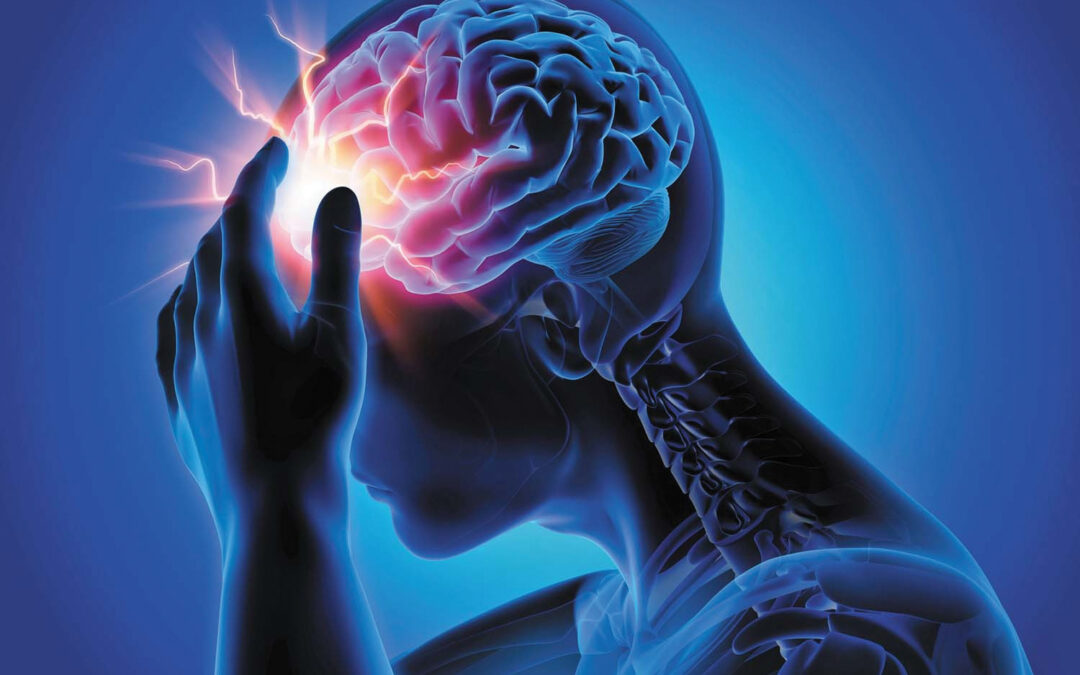A brain implant that allows people with head injuries to function again has undergone a hugely successful trial.
Developed by researchers at Stanford University, the deep brain stimulation implant, aims to boost activity between the regions responsible for consciousness learning, memory, thinking and problem solving.
During early trials, five people with brain injuries reported they were able to concentrate, read, remember, drive properly and get through the day without napping.
The implant proved so effective that researchers had trouble completing the final phase of the study, which was to switch off the device for three random participants – after two of the patients declined.
“This is a pioneering moment,” said Dr Nicholas Schiff, a professor at Weill Cornell Medicine and co-senior author of the study.
“Our goal now is to try to take the systematic steps to make this a therapy. This is enough of a signal for us to make every effort.”
Researchers selected patients for the trial who had recovered from comas with brain systems believed to be still well preserved, but not functioning as well as previously.
The research was published in the journal Nature Medicine.

